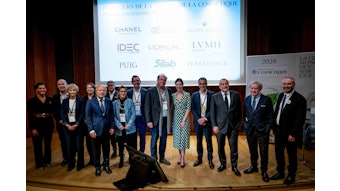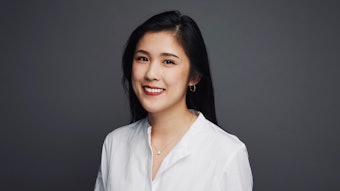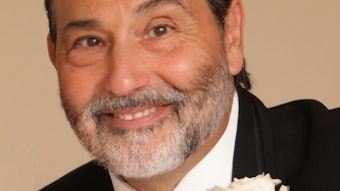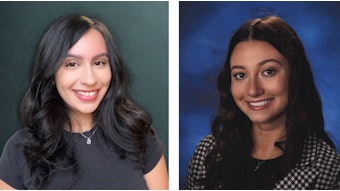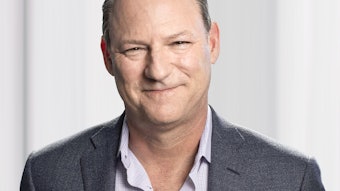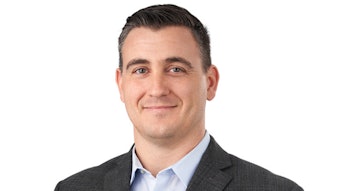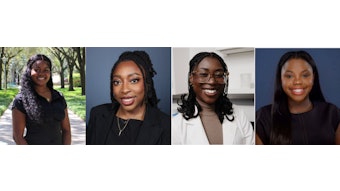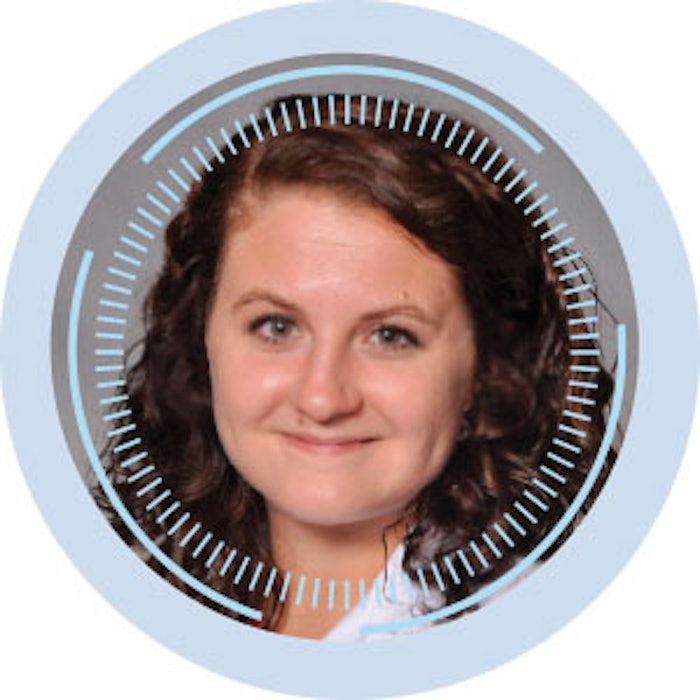
Elizabeth (Beth) Gyurke (BG) is an associate research scientist in Amway Corp.'s advanced imaging and measurement group. Previously, she studied at the University of Toledo College of Pharmacy, where she earned her bachelors' in science and pharmaceutical sciences, with a cosmetic science and formulation design major. Here, she shares her insights on objective test measurements, study design, the discovery process and regulations of the future.
Cosmetics & Toiletries: What interests do you have, or what work are you conducting, that is relevant to cosmetics R&D?
BG: Currently, half of my role is in clinical testing and claims support; the other half is in research and method development to find new ways/instruments to test cosmetics and skin care products.
C&T: What do you like most about your work? What do you find most challenging?
BG: What I like most is finding ways to challenge products and put their efficacy to the test. I love that every other week I’m working with a different product or prototypes, and creating study designs to help direct product development; e.g., to assess what products are showing positive results and where some technologies might need a little more development.
I think what’s difficult and challenging is navigating the thin line between subjective and objective measurement, where some objective measurements can have subjective influences.
C&T: Describe one of your biggest achievements or “A-ha!” moments relevant to cosmetics R&D.
BG: My biggest “A-ha moment” (so far) would be realizing measuring cosmetics is very difficult because you are measuring a small window of improvement. Let’s face it, if there was a huge improvement by a cosmetic… it would be classified as a drug. Human error, instrumentation error—and an instrument is only as good as its operator—and subject compliance all play a factor in your measurements. So, it’s truly critical to understand what you’re trying to measure with your instrument of choice, and to truly understand how the product works and how the benefit you are trying to measure is delivered because all of this can have an impact on your study design.
C&T: What about the cosmetics and personal care products industries excites you?
BG: Everything! From trying to piece together the puzzle of ingredients and create a “new/innovative” product, to determining: Is this product efficacious? Also, how to convert that into claims for the product. ... Just because there’s a cool new cosmetic product doesn’t mean it’s going to sell well if there’s nothing to say about it. I’m also just a cosmetic product fangirl, and love to try out and test new products.
C&T: How would you like your role in the industry to evolve? What concepts do you want to explore?
BG: I have a very curious mind, and I'm open to opportunities. I’m early into my career right now, and just hoping to make connections with the experts in the cosmetic field to learn from their experiences and guidance; but it will be interesting to watch my career develop and evolve. One exciting thing about cosmetics is the beauty space is always changing with new trends, so there’s lots to explore.
C&T: What areas or technologies do you think are untapped for cosmetics R&D?
BG: If I knew an appropriate answer to this, I wouldn’t have a job… because someone would have already done it. That’s the discovery process of research and finding innovative technologies—always learning.
C&T: How do you envision the cosmetics/personal care industry of the future?
BG: I think regulations and requirements from a global standpoint will have the biggest impact on cosmetics in the future. The U.S. Food and Drug Administration (FDA), European Union, Chinese FDA (CFDA), etc., other governing bodies, all seem to be influenced by each other and consumers, which sometimes leads to regulations that are not based on data, but instead based on consumer perceptions.
I think there is some gray space, though, in how efficacious products really are vs. what the industry can claim about them; this could possibly transition into more of a "functional cosmetics" role... not quite as regulated as pharmaceuticals, but claiming beauty is more than just “skin deep.”
